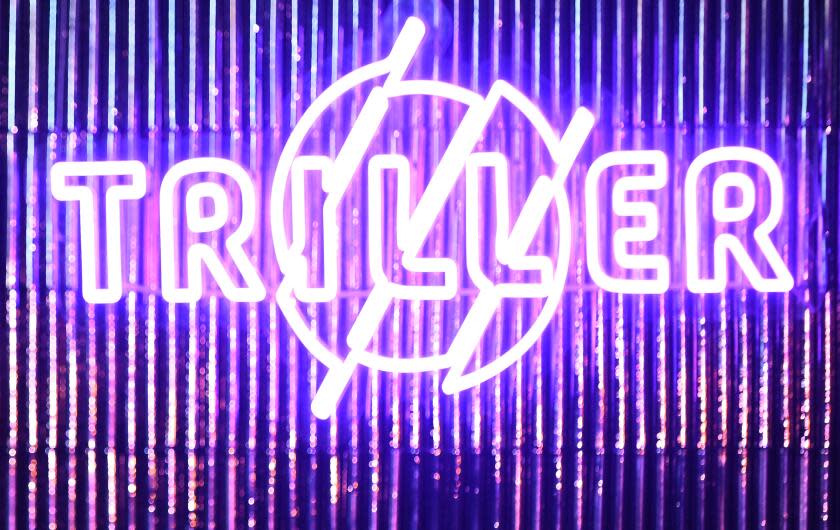L.A.-based social video platform Triller acquired by Hong Kong company

Social video platform Triller will be acquired by a Hong Kong financial services company as the Los Angeles-based firm looks to bulk itself up to counter TikTok's dominance.
The agreement has already been approved by the boards of Triller and AGBA Group Holding Ltd., though it still needs regulatory and shareholder approval, according to a statement from the companies.
The deal is expected to close in late May, after which Triller will become a wholly-owned subsidiary of AGBA, which is publicly traded. This merger will take Triller public, and the newly combined company will be headquartered in Delaware, though AGBA will maintain an office in Hong Kong.
Shares of AGBA jumped 150% to about $1 in midday trading.
Read more: As TikTok eats the world, YouTube makes a bid for creators' hearts — and wallets
Triller, which has more than 200 employees, will remain in L.A. after the deal closes. An AGBA spokesperson said the company does not have plans for layoffs at the time, and will instead expand Triller's workforce.
AGBA shareholders will own 20% of the newly combined company, while Triller stockholders will own 80%.
"We believe this is the most efficient route for Triller to access public capital markets and secure the liquidity needed for rapid growth," Bobby Sarnevesht, Triller's chief executive, said in a statement.
Triller has long lagged rival TikTok in the social video market, but the company got a major boost of interest in 2020, after former President Trump suggested he'd consider banning TikTok from the U.S. over its ties to China.
Read more: Triller and music producers Timbaland and Swizz Beatz settle lawsuit
But since then, the company has been beset by allegations that it missed or made late payments to company affiliates, breach of contract lawsuits and concerns about its ability to compete in the tough world of social video.
In 2022, the company called off a $5 billion reverse merger with a video advertising software platform, saying at the time that it preferred to go public through an initial public offering.
TikTok's woes in the U.S. are not yet over. Last month, the House of Representatives passed a bill that would lead to a ban of the popular app if its Chinese parent company, ByteDance, does not sell it.
This story originally appeared in Los Angeles Times.
